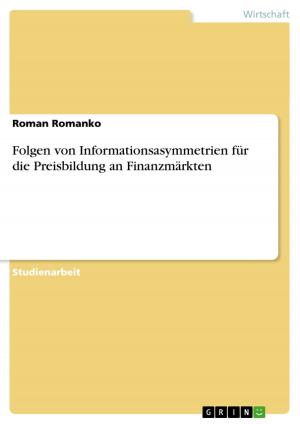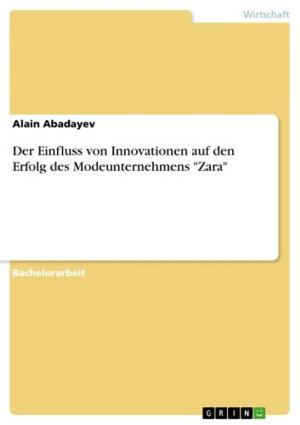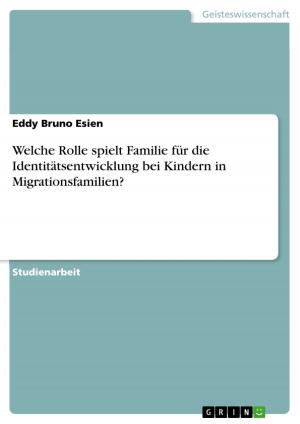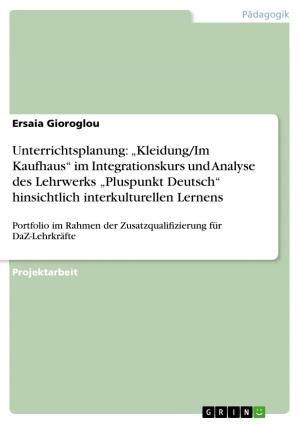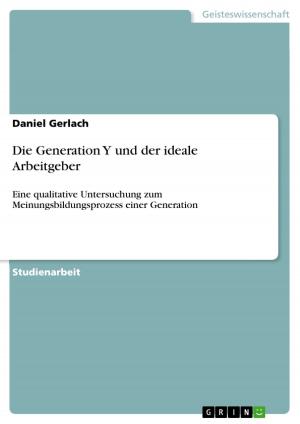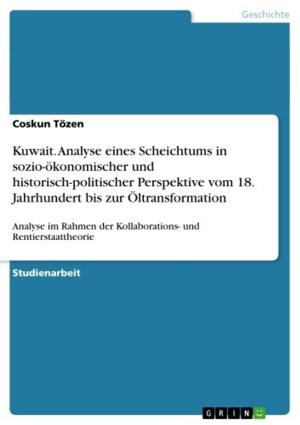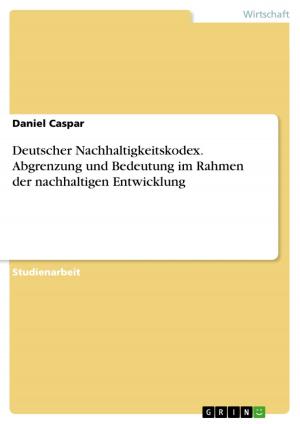Eat Me! - A cross-cultural, cross-linguistic analysis of conceptual metaphors for lust and sex
Fiction & Literature, Literary Theory & Criticism, British| Author: | Nico Tobias Wirtz | ISBN: | 9783656367390 |
| Publisher: | GRIN Verlag | Publication: | February 5, 2013 |
| Imprint: | GRIN Verlag | Language: | English |
| Author: | Nico Tobias Wirtz |
| ISBN: | 9783656367390 |
| Publisher: | GRIN Verlag |
| Publication: | February 5, 2013 |
| Imprint: | GRIN Verlag |
| Language: | English |
Seminar paper from the year 2012 in the subject English - Literature, Works, grade: 1,0, Humboldt-University of Berlin (Institut für Anglistik und Amerikanistik), course: Seminar: 'Language and Cognition', language: English, abstract: When it comes to expressing the more intangible aspects of life, languages tend to employ the instruments of metaphor and metonymy in order to relate attributes of more concrete phenomena to the abstract phenomenon in question. This is especially true when the vast field of human emotions is concerned. With the world's languages differing in a myriad of ways in all sub-categories of structure-focused linguistics one might expect that the range of metaphors found in different languages should be just as limitless. Interlingual examinations of the metaphors used for articulating emotions, however, suggest that there are limits on the communicative resources employed (see Emanatian 1995, 163). In this paper I want to explore the idea that even completely unrelated languages may have a bias towards the use of certain communicative resources when certain universal human emotions are to be expressed linguistically. I want to take a closer look at common metaphors used for the articulation of lust and attitudes towards sex in four different languages, detect parallels and differences and propose that the three semantic domains of EATING, HEAT, and ANIMALS, might be cross-culturally favored as vehicles for conceptualizing feelings of lust and desire. I will argue that even completely unrelated cultures and languages tend to draw on these three metaphorical domains when attitudes towards sex and sexual activities are to be articulated.
Seminar paper from the year 2012 in the subject English - Literature, Works, grade: 1,0, Humboldt-University of Berlin (Institut für Anglistik und Amerikanistik), course: Seminar: 'Language and Cognition', language: English, abstract: When it comes to expressing the more intangible aspects of life, languages tend to employ the instruments of metaphor and metonymy in order to relate attributes of more concrete phenomena to the abstract phenomenon in question. This is especially true when the vast field of human emotions is concerned. With the world's languages differing in a myriad of ways in all sub-categories of structure-focused linguistics one might expect that the range of metaphors found in different languages should be just as limitless. Interlingual examinations of the metaphors used for articulating emotions, however, suggest that there are limits on the communicative resources employed (see Emanatian 1995, 163). In this paper I want to explore the idea that even completely unrelated languages may have a bias towards the use of certain communicative resources when certain universal human emotions are to be expressed linguistically. I want to take a closer look at common metaphors used for the articulation of lust and attitudes towards sex in four different languages, detect parallels and differences and propose that the three semantic domains of EATING, HEAT, and ANIMALS, might be cross-culturally favored as vehicles for conceptualizing feelings of lust and desire. I will argue that even completely unrelated cultures and languages tend to draw on these three metaphorical domains when attitudes towards sex and sexual activities are to be articulated.

